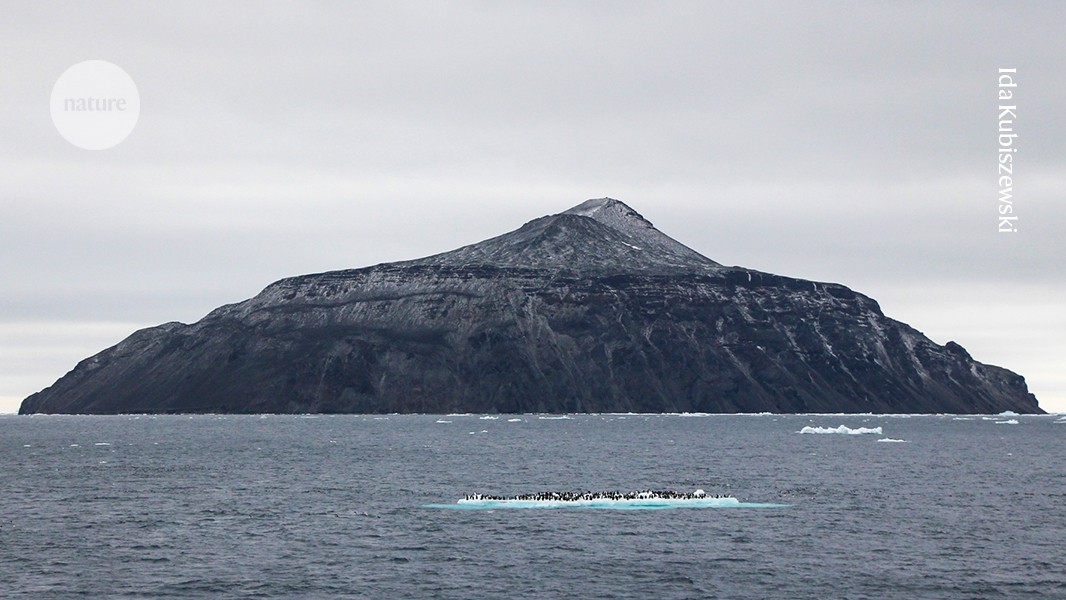
"Antarctica's vast ice sheet stores more than 90% of the planet's surface fresh water, influencing sea levels and the atmosphere's circulation."
"The West Antarctic Ice Sheet is retreating, with widespread thinning of glaciers and ice shelves, which accelerates damage in surrounding areas."
"Runaway melting in the Antarctic could contribute more than 60 centimetres to sea-level rise by the end of this century, disrupting ocean balance."
"It is essential for policymakers to recognize Antarctica's economic value and seek to protect it before this crucial reservoir of ice is lost."
Antarctica is essential to Earth's climate and life-support systems, storing over 90% of fresh surface water and influencing sea levels. The Southern Ocean absorbs about 40% of human-generated carbon dioxide. Currently, the West Antarctic Ice Sheet is retreating, with increasing glacier thinning. Parts of the East Antarctic Ice Sheet also show signs of thinning. The region faces challenges such as low sea ice and less stratification. Continued melting could raise sea levels significantly and disrupt ocean mixing, affecting marine life and carbon uptake. Recognizing Antarctica's economic value is crucial for its protection.
Read at Nature
Unable to calculate read time
Collection
[
|
...
]